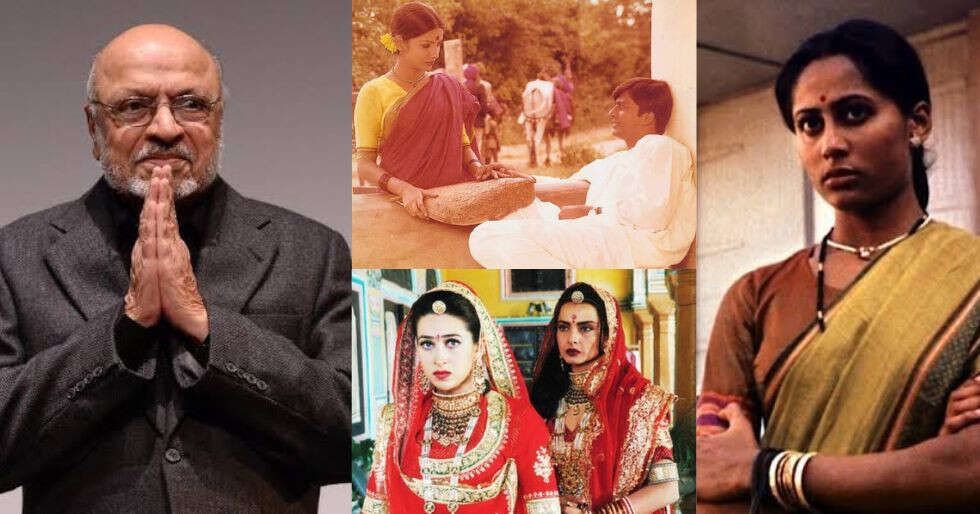Ankur (1974)
In Ankur, Shyam Benegal’s direction elevates this narrative into a deeply humanistic portrayal of societal oppression and moral decay. Benegal masterfully captures the claustrophobic life of rural India, where caste, class, and patriarchy intersect. His subtle storytelling allows the intense performances of Shabana Azmi, Anant Nag, and Sadhu Meher to shine. The poignant depiction of Lakshmi’s struggles and Surya’s moral ambiguity unfolds with stark realism, showcasing Benegal’s ability to balance character-driven drama with social commentary. This debut film not only launched Shabana Azmi into stardom but also cemented Benegal as a director of immense depth and insight.
Manthan (1976)
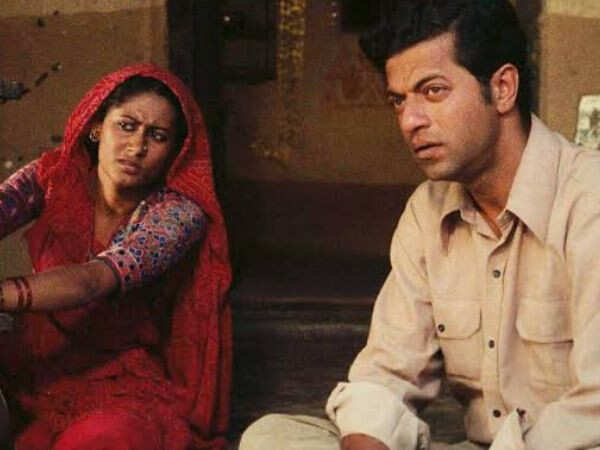
With Manthan, Shyam Benegal crafts a cinematic tribute to the White Revolution, embedding his signature realism into this tale of collective strength. Benegal’s vision is evident in every frame as he chronicles the establishment of a cooperative dairy movement, balancing the larger social message with personal struggles. Girish Karnad’s portrayal of the determined veterinary surgeon is guided expertly by Benegal, ensuring authenticity and emotional resonance. The film’s collaborative financing by farmers mirrors its themes, and Benegal’s direction transforms a historical movement into a deeply personal and inspiring narrative.
Bhumika (1977)
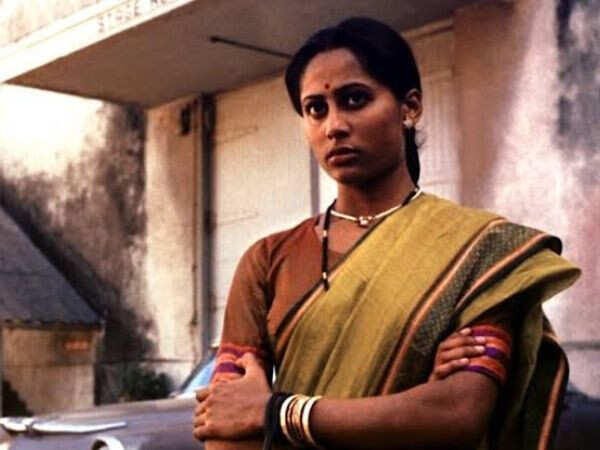
Shyam Benegal brings depth and sensitivity to Bhumika, creating a layered exploration of identity, ambition, and societal expectations. Based on Hansa Wadkar’s memoirs, Benegal’s direction gives the film a rich emotional texture, capturing the complexities of a woman torn between personal desires and societal roles. Smita Patil delivers a transformative performance under Benegal’s precise guidance, transitioning seamlessly from a vivacious teenager to a disillusioned middle-aged woman. Benegal’s ability to balance the personal with the universal makes Bhumika an enduring classic.
Kondura (1978)
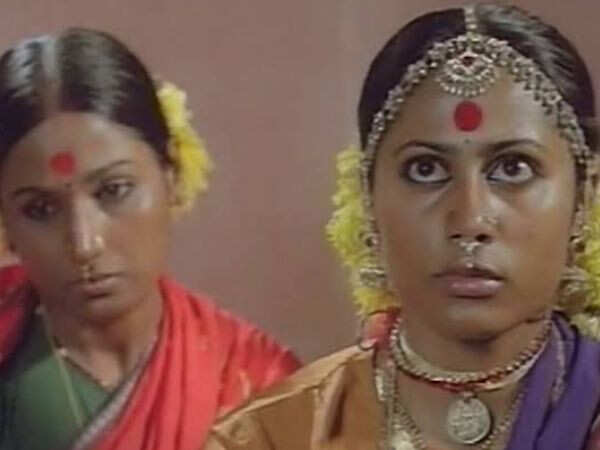
Kondura, also known as Anugraham in Telugu, is a bilingual film by Shyam Benegal. The film is an adaptation of a novel by acclaimed Marathi writer Chintamani T. Khanolkar. The film blends profound philosophical inquiries with poignant storytelling. The story unfolds in a coastal village, where Parshuram, a young Brahmin, encounters a mythical sage named Kondura. Blessed with a boon and a mystical herb on the condition of celibacy, Parshuram returns home to become a spiritual guide, claiming to channel divine will through his wife, Ansooya. However, his misguided interpretation of divine messages leads to a tragic chain of events, including the miscarriage of the landlord’s daughter-in-law and Ansooya’s eventual suicide. Through Parshuram’s journey, Benegal intricately examines themes of faith, the misinterpretation of divine will, and the devastating consequences of blind belief.
Junoon (1979)
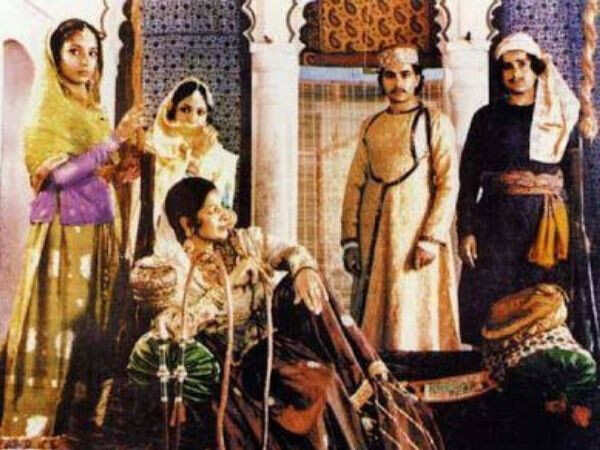
Junoon showcases Shyam Benegal’s ability to weave historical and emotional narratives with equal finesse. Set against the tumultuous backdrop of the 1857 Indian rebellion, Benegal’s direction underscores the conflict between personal desires and larger historical forces. Shashi Kapoor’s nuanced portrayal of a conflicted Pathan lord is enriched by Benegal’s detailed attention to the period’s socio-political realities. With its haunting exploration of love, betrayal, and colonial dynamics, Benegal transforms Ruskin Bond’s A Flight of Pigeons into a masterpiece of layered storytelling.
Kalyug (1981)

Shyam Benegal reimagines the Mahabharata with a contemporary lens in Kalyug, crafting a compelling narrative of power, loyalty, and moral dilemmas. His direction ensures the intricate relationships and themes are handled with subtlety, making the characters relatable and their struggles tangible. By modernizing mythological archetypes, Benegal provides a sharp commentary on industrial feuds and familial conflicts. The restrained performances, particularly in moments of unspoken longing and ethical conflict, exemplify Benegal’s brilliance in guiding his ensemble cast.
Arohan (1982)
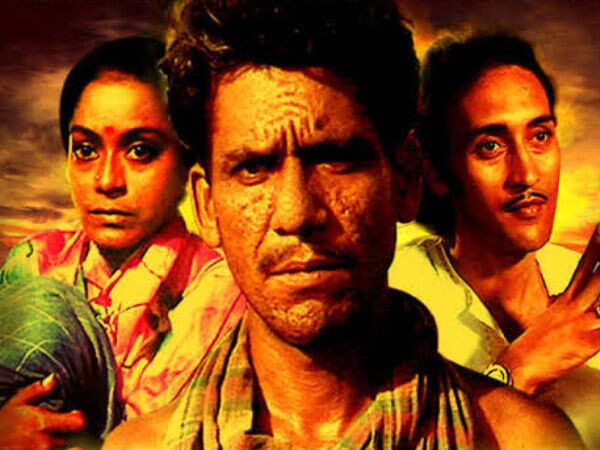
In Arohan, Shyam Benegal exposes the exploitative zamindari system with unflinching honesty. Through Om Puri’s devastating portrayal of a laborer crushed by systemic oppression, Benegal lays bare the human cost of social injustices. His nuanced direction transforms a simple tale of survival into a powerful critique of entrenched inequalities. Benegal’s ability to humanize broad social themes, coupled with his stark visual style, makes Arohan an emotionally resonant and politically charged work.
Mandi (1983)
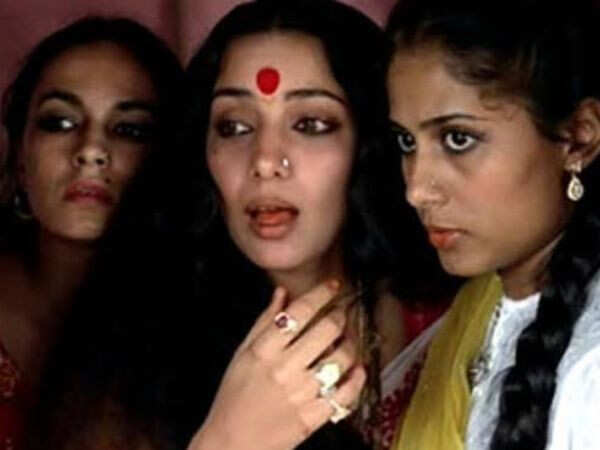
With Mandi, Shyam Benegal crafts a dark comedy teeming with vibrant characters and complex relationships. His direction skillfully captures the microcosm of a brothel as a reflection of societal hypocrisy. The dynamic between Shabana Azmi’s matriarchal madam and Smita Patil’s rebellious protégé is brought to life under Benegal’s expert guidance, showcasing the emotional depth beneath the satirical surface. By blending humor, pathos, and sharp social critique, Benegal transforms Mandi into a richly textured exploration of power, loyalty, and agency.
Trikaal (1985)
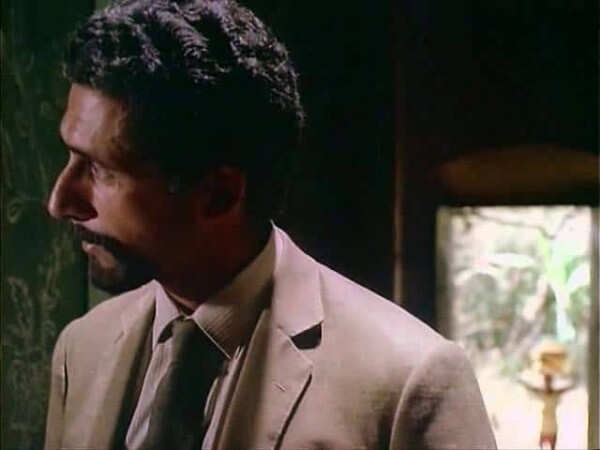
In Trikaal, Shyam Benegal explores the ghosts of Goa’s colonial past with masterful finesse. Combining supernatural elements with political drama, Benegal creates a hauntingly evocative portrayal of a family caught in a moment of transition. The film’s ethereal quality, enhanced by Ashok Mehta’s stunning cinematography, reflects Benegal’s ability to seamlessly merge history, culture, and personal narratives. Trikaal is a testament to Benegal’s talent for crafting visually and emotionally compelling cinema.
Suraj Ka Satvan Ghoda (1992)
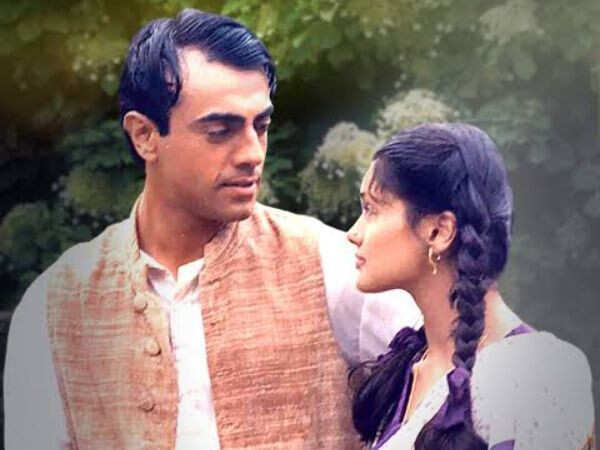
Shyam Benegal’s Suraj Ka Satvan Ghoda is a thought-provoking meditation on class, memory, and perspective. His layered storytelling transforms a simple narrative into an intricate tapestry of interwoven lives, using Manek Mulla’s tales as a metaphor for societal structures. Benegal’s direction balances the film’s philosophical undertones with its emotional core, ensuring each character’s story resonates deeply. The film’s title, symbolizing societal progress determined by its weakest link, reflects Benegal’s intellectual rigor and artistic depth.
Sardari Begum (1996)
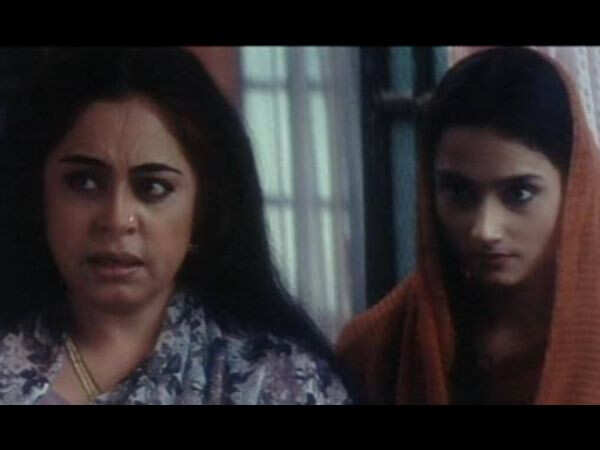
Sardari Begum is a testament to Shyam Benegal’s skill in unraveling complex, layered characters. Through Sardari’s story, Benegal explores themes of art, patriarchy, and societal expectations, presenting a nuanced portrait of a woman who lived life on her own terms. The film’s fragmented narrative structure, with multiple perspectives on Sardari’s life, reflects Benegal’s inventive storytelling. With Kirron Kher delivering a mesmerizing performance, Benegal’s direction ensures every emotional nuance is captured, making Sardari Begum a deeply moving exploration of identity and resilience.
Zubeidaa (2001)
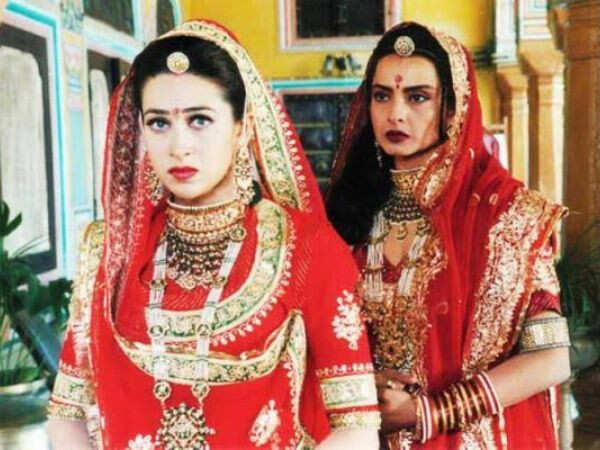
In Zubeidaa, Shyam Benegal delivers a poignant tale of love, ambition, and the constraints of tradition. His nuanced direction captures the contradictions of Zubeidaa’s life, allowing Karisma Kapoor to deliver a career-defining performance. Benegal’s ability to delve into complex relationships, from Zubeidaa’s turbulent marriage to her yearning for freedom, lends the film its emotional weight. The richly detailed period setting and layered characters exemplify Benegal’s mastery in blending personal and historical narratives.

